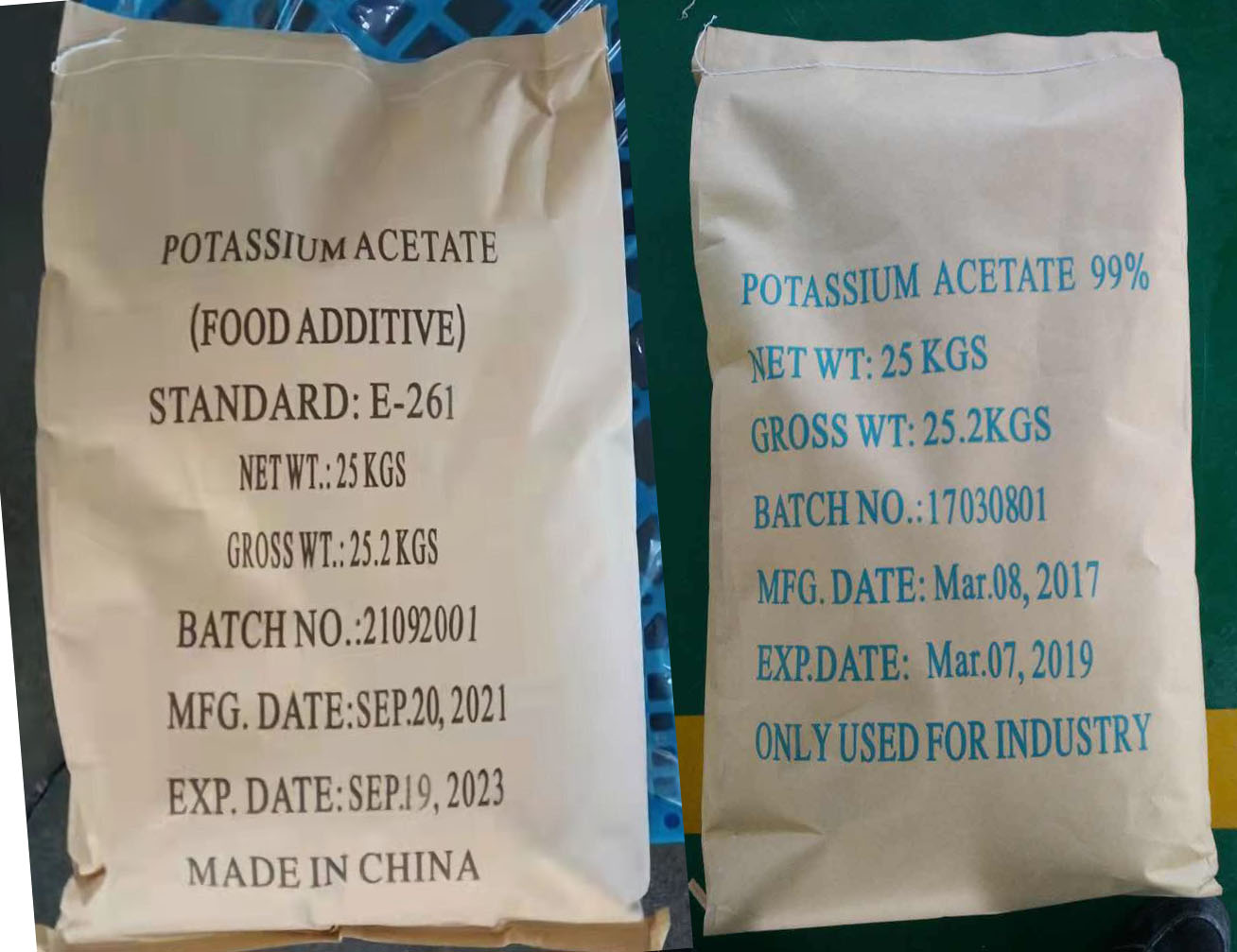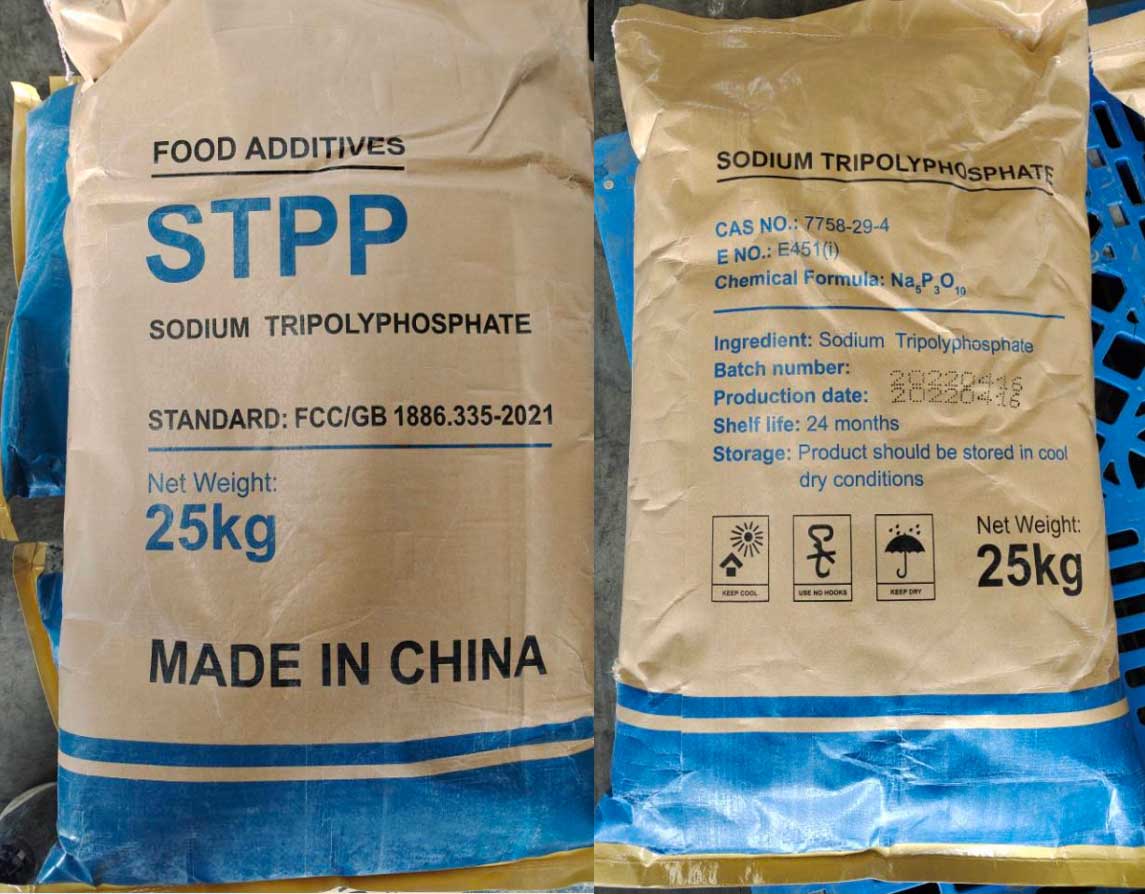Disodium phosphate, also known as sodium hydrogen phosphate, is a chemical compound that finds various applications in the food and beverage industry. It is commonly used as a food additive and serves several functions:
Acidulant:Disodium phosphate acts as an acidulant in food and beverages. It helps to control and adjust the acidity or alkalinity of a product. By regulating pH, disodium phosphate can enhance the taste, texture, and overall stability of processed foods and beverages.
Emulsifying Agent:In certain food products, disodium phosphate serves as an emulsifying agent. Emulsifiers help to stabilize mixtures of oil and water, preventing them from separating. This is particularly useful in the production of processed foods, such as salad dressings, sauces, and some dairy products.
Buffering Agent:Disodium phosphate can function as a buffering agent, helping to maintain a stable pH in food and beverage products. It resists changes in acidity, which is crucial for preserving the desired flavor and texture of the final product.
Leavening Agent:In baking applications, disodium phosphate may be used as a leavening agent. It contributes to the rise and texture of baked goods by releasing carbon dioxide gas when reacting with other components in the dough or batter.
Sequestrant:Disodium phosphate acts as a sequestrant, which means it can bind with metal ions present in food, preventing them from causing undesirable reactions. This is particularly important in preserving the color, flavor, and overall quality of certain food products.
Water Retention and Texture Improvement:In processed meats, disodium phosphate can enhance water retention, improving the juiciness and tenderness of the product. It is often used in meat processing to improve texture and mouthfeel.
Regulatory Functions:Disodium phosphate may be added to foods to meet specific regulatory requirements or to comply with quality standards. Its use is regulated by food safety authorities to ensure that it is safe for consumption at the prescribed levels.
It's important to note that the use of disodium phosphate in food and beverage applications is subject to regulatory approval and is carefully monitored to ensure it complies with safety standards. Additionally, the specific functions of disodium phosphate can vary depending on the type of food product and its intended application in food processing.




